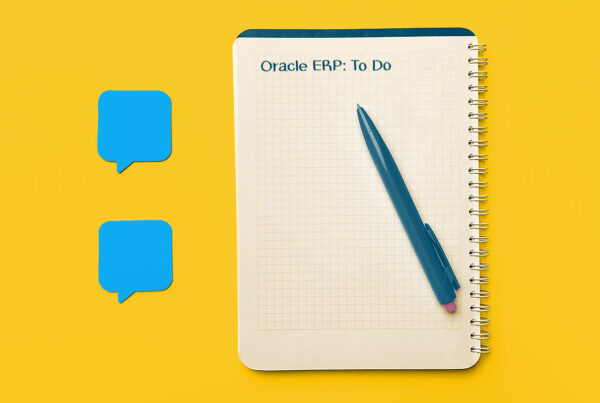On May 19, Microsoft announced that it would be ending support for Internet Explorer (IE) 11 starting in June 2022. This move is a long time coming. In 2015, Microsoft Launched their next-generation Edge web browser, which is built on the same technology as Google Chrome. Ever since, more and more sites have ended support for IE, including Twitter, YouTube, Salesforce, Dropbox, and many more. Now, Microsoft has said that it will stop issuing security updates for the browser, putting it officially on life support.
While most users can just switch to another, modern browser, Oracle E-Business Suite (EBS) users cannot easily do so. EBS relies on Oracle Forms, which in turn requires Java. This means that EBS users are dependent on a browser that supports Java. Internet Explorer supports Java using a plug-in —the only major browser that does so. That means that EBS users need to find another way to access their systems — or risk a major security vulnerability.
What is Java Web Start?
The good news is that Oracle EBS can be made browser independent using the Java Web Start (JWS) application. And the change won’t be a major inconvenience for users. Once configured on the EBS instance, the user experience is essentially the same. JWS just launches any Oracle EBS functionality that’s dependent on Java as JWS applications, rather than as browser-dependent applets.
Making the Switch
On the back end of Oracle EBS, shifting to Java Web Start requires the following steps:
- Apply a series of patches to the Oracle database tier
- Upgrade the Java application on the EBS server
- Install Java Web Start on each user’s computer
- Decommission Internet Explorer and the old Java plug-in
Note that these steps need to be taken for each instance of EBS in an organization. Most companies run three instances — dev, testing, and production — and the upgrades will need to happen on each one.
Enjoying a Modern Browsing Experience
The upside to this news is that it will finally push companies to get off of Internet Explorer. That’s a good thing, as the once-dominant browser has long been considered a third-tier application at best. Its bloated code and poor adherence to web standards force a poor experience on users. By switching to JWS, Oracle EBS users will now be able to enjoy modern browsers like Edge, Chrome, and Firefox. That’s sure to make non-EBS tasks easier and more enjoyable, making the workday (at least slightly) better.
Need help implementing the changes to your Oracle E-Business Suite and other EBS applications? Traust is here to help you get it done. Reach out today to get the process started.





